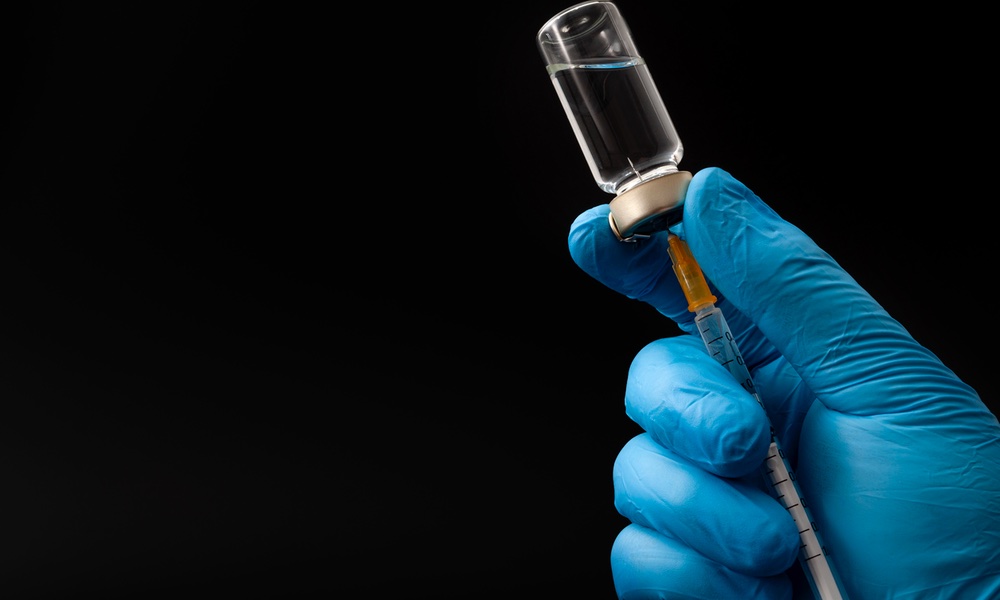The push to develop and distribute an effective COVID-19 vaccine has been accelerating as the United States plunges into a widespread second wave of coronavirus infections and the prospect of a long, cold winter if no vaccine is made widely available.
A new vaccine from the Cambridge-based biotech firm, Moderna, is the latest and perhaps most promising among its competitors. Demonstrating 94.5 percent effectiveness at preventing symptomatic COVID-19 in adults, it has so far shown to be safe and well-tolerated among clinical trial participants. Pfizer also has a vaccine that appears to be equally effective in its clinical trials. Another vaccine developed by a team at Oxford University, and produced by drug manufacturer AstraZeneca, is also showing promise in trials.
Still, even if the Moderna vaccine is given the fast-track and approved by the FDA for public use, it remains unclear just how accessible it will be. The largely for-profit U.S. healthcare system has not succeeded in making all COVID-19 screening free and accessible, with some tests costing $150 out-of-pocket even for insured Americans.Some of our best tools to fight this pandemic may already have been developed and tested.
Researchers at Cedars Sinai Hospital in Los Angeles have identified a common tuberculosis vaccine as one possible and somewhat unexpected tool in the fight to control the largely uncontained coronavirus outbreaks plaguing much of the United States.
The vaccine, called Bacillus Calmette-Guérin or BCG, was developed over a twelve-year period beginning in 1908, and is one of medicine’s oldest. It is still routinely administered to more than 100 million children worldwide every year, and is used to prevent not only tuberculosis but a range of respiratory illnesses as well as bladder cancer.
Blood samples from more than 6,200 healthcare workers in the Cedars-Sinai network were tested for COVID-19 antibodies and interviewed about their vaccination and medical histories. Nearly 30 percent of those studied (approx. 1,800/6000 people) had received the BCG vaccine in the past. This group was significantly less likely to report having had COVID-19 or coronavirus-like symptoms during the past six months.
Corroborating these interview-based findings, blood samples of those healthcare workers who had received the BCG vaccine were significantly less likely to test positive for SARS-Cov-2 antibodies that indicate current or previous COVID-19 infection. Moreover, these apparent protective benefits were not shown to be reduced among individuals with chronic conditions known to be risk factors for severe COVID-19 infection such as COPD, diabetes and high blood pressure.
The newly developed SARS-Co-V2 vaccines like Moderna’s must undergo rigorous clinical trials to demonstrate their safety for use in the general public.
The BCG vaccine now faces the opposite hurdle and must be tested to accurately determine its effectiveness at preventing symptomatic COVID-19. Researchers emphasize that the reason for the lower rates of SARS-Cov-2 antibodies in the BCG group are still not fully understood, which is why multiple trials are currently underway worldwide and even more future research may be indicated depending on the results from these studies.
Still, with time of the essence, healthcare workers and researchers are exerting superhuman efforts to build the best possible toolkit with which to address the developing pandemic.
The potential of the BCG vaccine to be a major player in the fight to end the COVID-19 pandemic lies not only in its apparent (though still unconfirmed) protective benefits, but in the fact that it is already approved for public use by the FDA.
The study is published in the Journal of Clinical Investigation.





